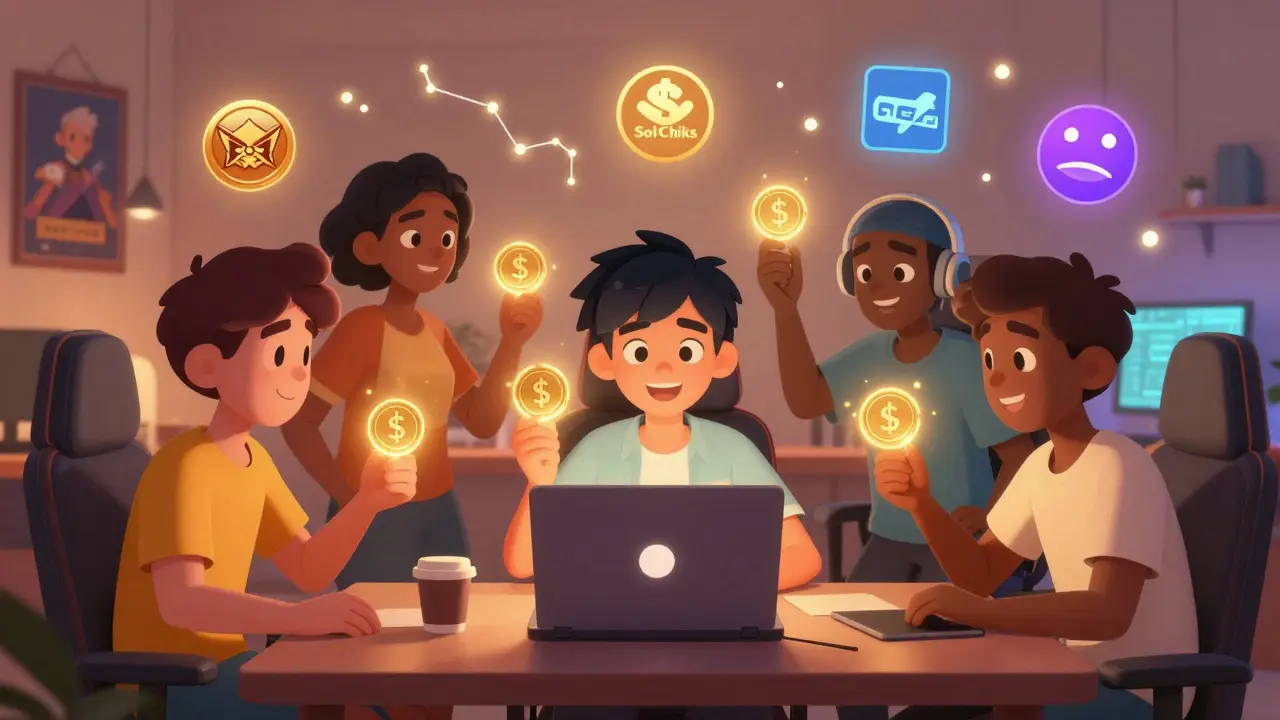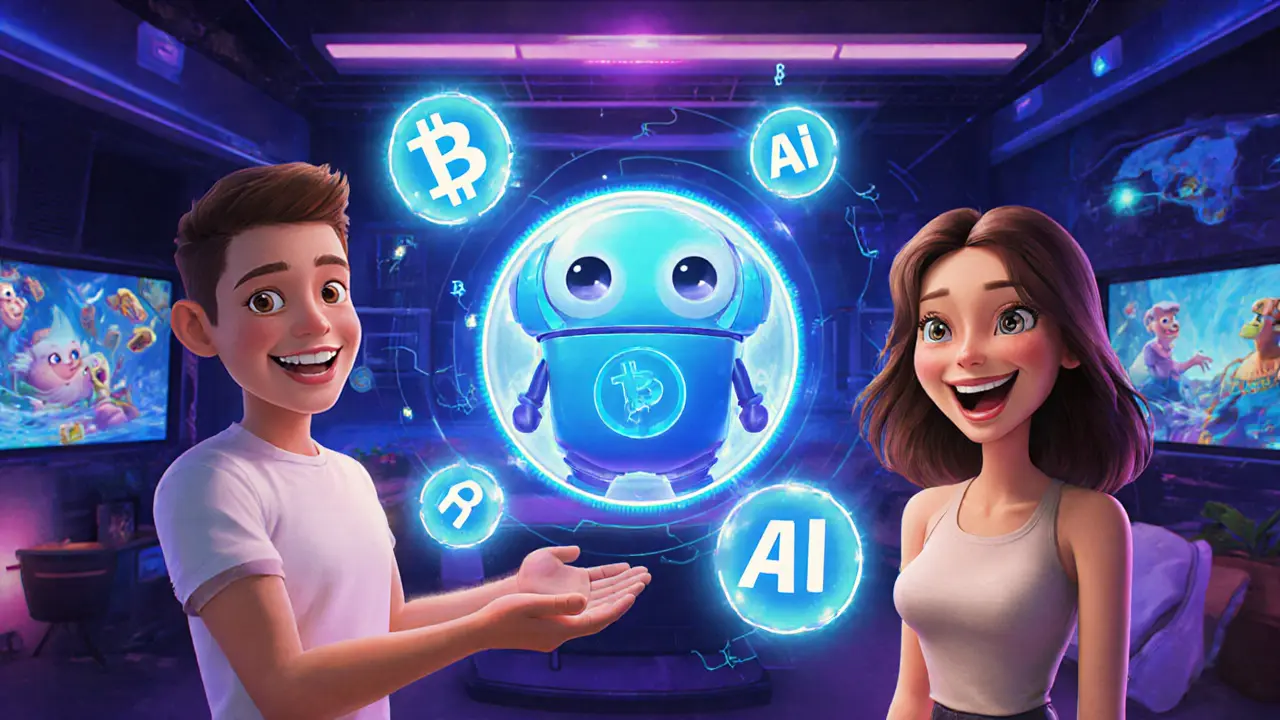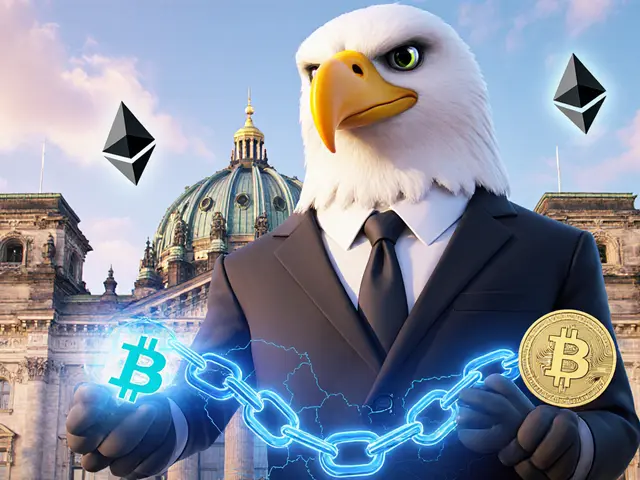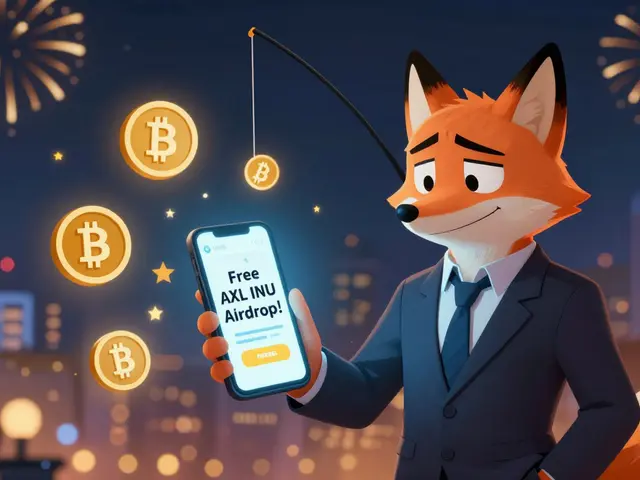Blockchain Gaming: Everything You Need to Know
When diving into blockchain gaming, the fusion of distributed‑ledger technology with interactive entertainment. Also known as GameFi, it lets players earn real‑world value while they play. GameFi a market that blends finance and gaming mechanics depends on Play‑to‑Earn reward systems that pay users in native tokens, and often uses NFTs unique digital assets that represent in‑game items to create scarcity, ownership and tradable value. The rise of blockchain gaming has reshaped how developers monetize, how gamers think about ownership, and how investors evaluate new projects.
Key Concepts in Blockchain Gaming
Blockchain gaming encompasses Play‑to‑Earn models, meaning every in‑game action can generate a token that lives on a public chain. This connection drives a new economic layer where GameFi requires robust tokenomics to keep rewards sustainable; without proper supply controls, token value can melt away. NFTs influence in‑game economies by letting players truly own skins, characters, or land, which can be sold across marketplaces independent of the original game publisher. At the same time, the broader metaverse trend pushes developers to link multiple games through shared token standards, allowing assets earned in one title to be used in another. This interoperability creates a network effect: the more games adopt common standards, the more valuable each token and NFT becomes. Regulators are watching closely because Play‑to‑Earn can blur the line between gaming and securities, so projects often embed compliance checks directly into smart contracts.
What you’ll see next is a curated mix of articles that break down each piece of the puzzle. We have deep dives on how regional restrictions shape P2P crypto use, step‑by‑step airdrop guides for emerging GameFi tokens, and analysis of tokenomics that separate sustainable projects from hype. Whether you’re hunting for the next Play‑to‑Earn hit, trying to understand NFT utility in games, or just curious about how blockchain reshapes traditional gaming business models, the posts below give you concrete tools and real‑world examples to act on right now.




